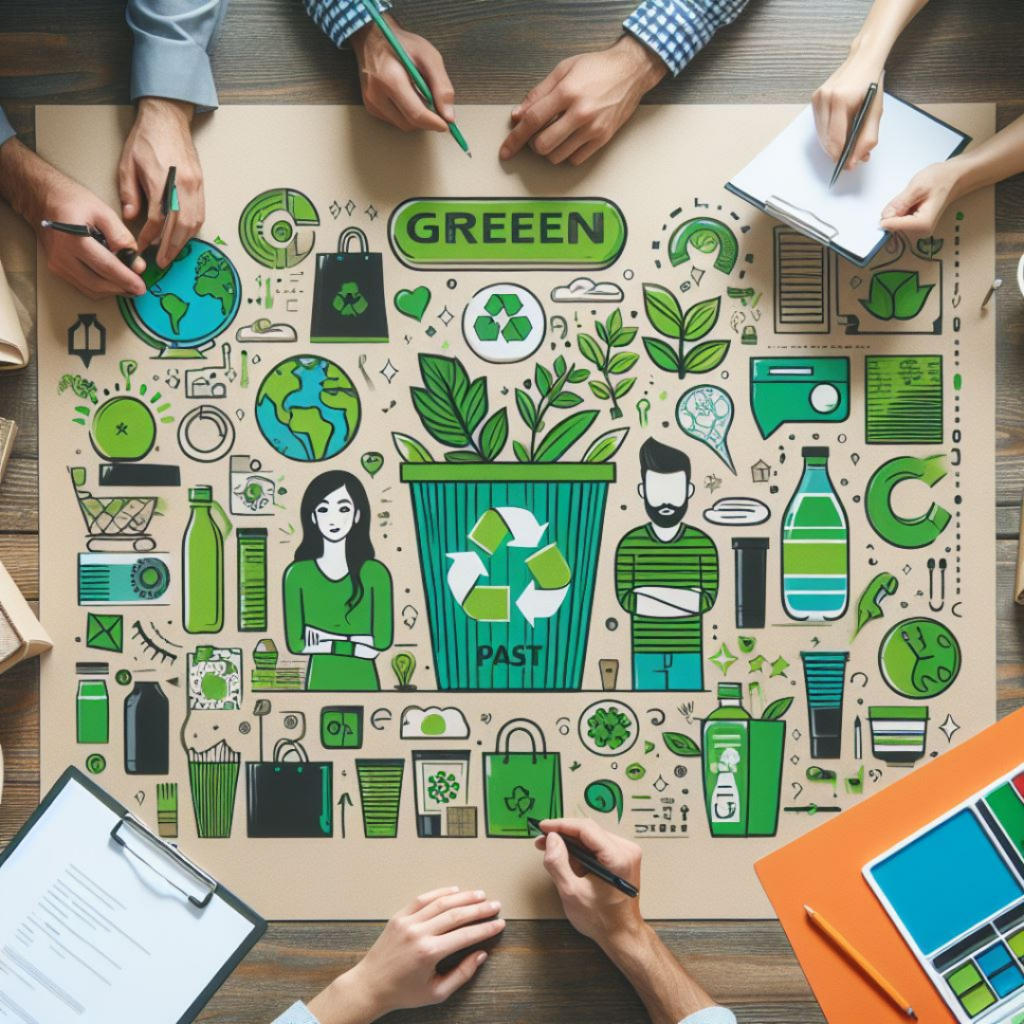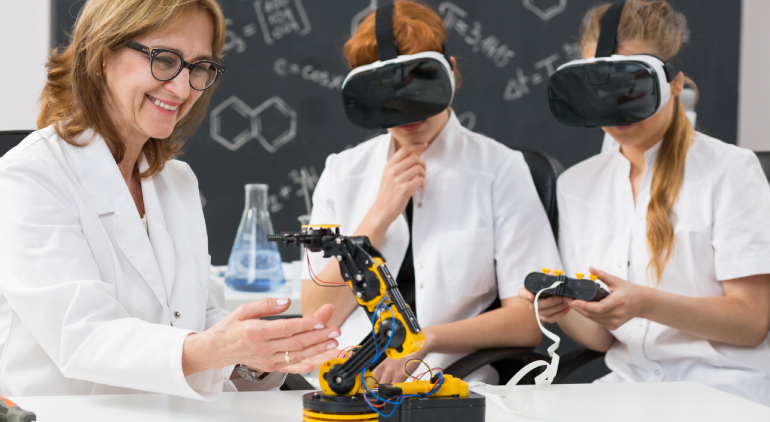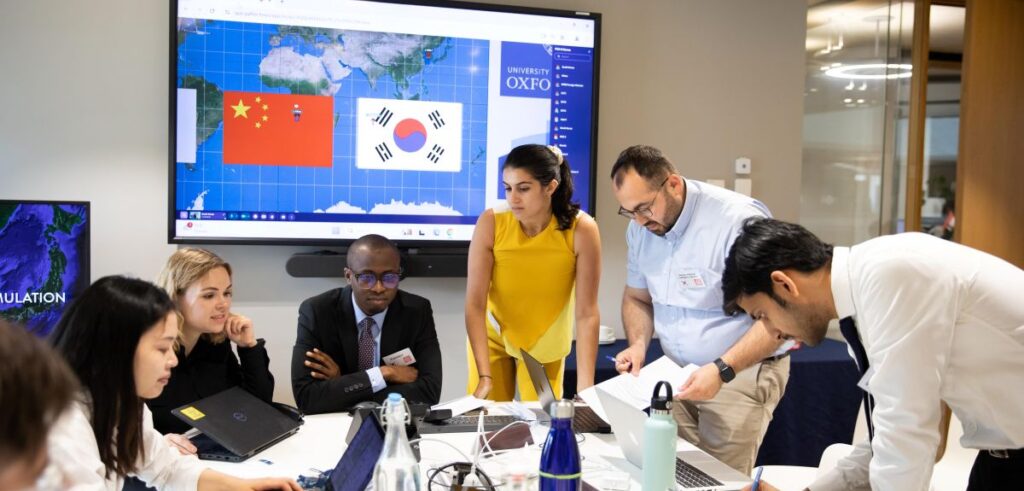The world is changing faster than ever, and universities are racing to keep up. From climate-driven curriculum overhauls to degrees in quantum computing, global events are no longer just shaping headlines—they’re rewriting the rulebook for higher education. In this Article, we explore how universities like Harvard, ETH Zurich, and NUS are pivoting programs to address urgent challenges—and what this means for students aiming to future-proof their careers.
1. Climate Change: Universities as Hubs for Sustainability Innovation

Driven by COP28 pledges and student activism, 67% of universities now offer degrees tied to sustainability (QS Report, 2023). Here’s how they’re adapting:
New Programs
- Climate Resilience Engineering (Imperial College London): Trains students to design infrastructure for rising sea levels and extreme weather.
- Carbon Accounting MBA (Stanford): Combines finance with emissions tracking, reflecting new EU carbon tax laws.
- Biodiversity Law (University of Cape Town): Addresses poaching and habitat loss in Africa.
Case Study: The University of Melbourne’s “Green Chemistry” program partners with Tesla to develop recyclable EV batteries.
Pioneering Sustainability in Higher Education: A Greener Future
2. Tech Innovations: From AI to Web3 in the Classroom

The ChatGPT revolution forced 89% of tech departments to update syllabi in 2023 (Times Higher Ed). Cutting-edge programs now include:
AI & Machine Learning
- AI Ethics (MIT): Covers bias mitigation and GDPR compliance.
- Generative AI for Creative Industries (NYU): Teaches prompt engineering for film/game design.
Blockchain & Web3
- Decentralized Finance (DeFi) (University of Zurich): Prepares students for crypto-based banking.
- NFTs in Digital Art (RISD): Explores ownership and royalties in the metaverse.
UNESCO’s Framework for AI in Education
3. Geopolitical Shifts: Degrees for a Fragmented World

The Ukraine war, semiconductor wars, and BRICS expansion have sparked demand for niche expertise:
Hybrid Programs
- Cybersecurity & International Relations (Tufts University): Focuses on election interference and drone warfare.
- Critical Minerals Engineering (University of Western Australia): Trains experts to manage rare earth metal shortages.
Regional Focus
- “China Belt & Road Studies” (Nanyang Technological University): Analyzes infrastructure diplomacy in Asia.
- Arctic Governance (University of Oslo): Covers resource disputes as ice caps melt.
Post-Study Work Visas: Country Guide
4. How Students Can Stay Ahead: A 5-Step Action Plan
- Audit Emerging Trends: Follow think tanks like the World Economic Forum for reports on AI regulation or green jobs.
- Choose Interdisciplinary Programs: Pair data science with public health or renewable energy with economics.
- Leverage Industry Partnerships: Seek programs tied to companies like Siemens (smart cities) or Pfizer (biotech).
- Prioritize Labs Over Lectures: Opt for courses with hackathons, like MIT’s Climate CoLab.
- Network Early: Join university clubs focused on SDGs or AI ethics.
5. The Road Ahead: Universities as Crisis Solvers
By 2030, experts predict:
- 50% of MBAs will require sustainability modules (Financial Times).
- Quantum Computing labs will be as common as computer labs.
- “Crisis Simulation” courses will prepare students for pandemics, cyberattacks, and conflicts.
Quote: “Universities aren’t just teaching about the world—they’re redesigning it.” — Dr. Amina J. Mohammed, UN Deputy Secretary-General
World Economic Forum – Future of Jobs Report
Conclusion
Global events have turned universities into innovation war rooms, crafting degrees that solve tomorrow’s problems today. For students, this shift means unparalleled opportunities to merge passion with impact—whether by building flood-resistant cities or decoding AI ethics.



